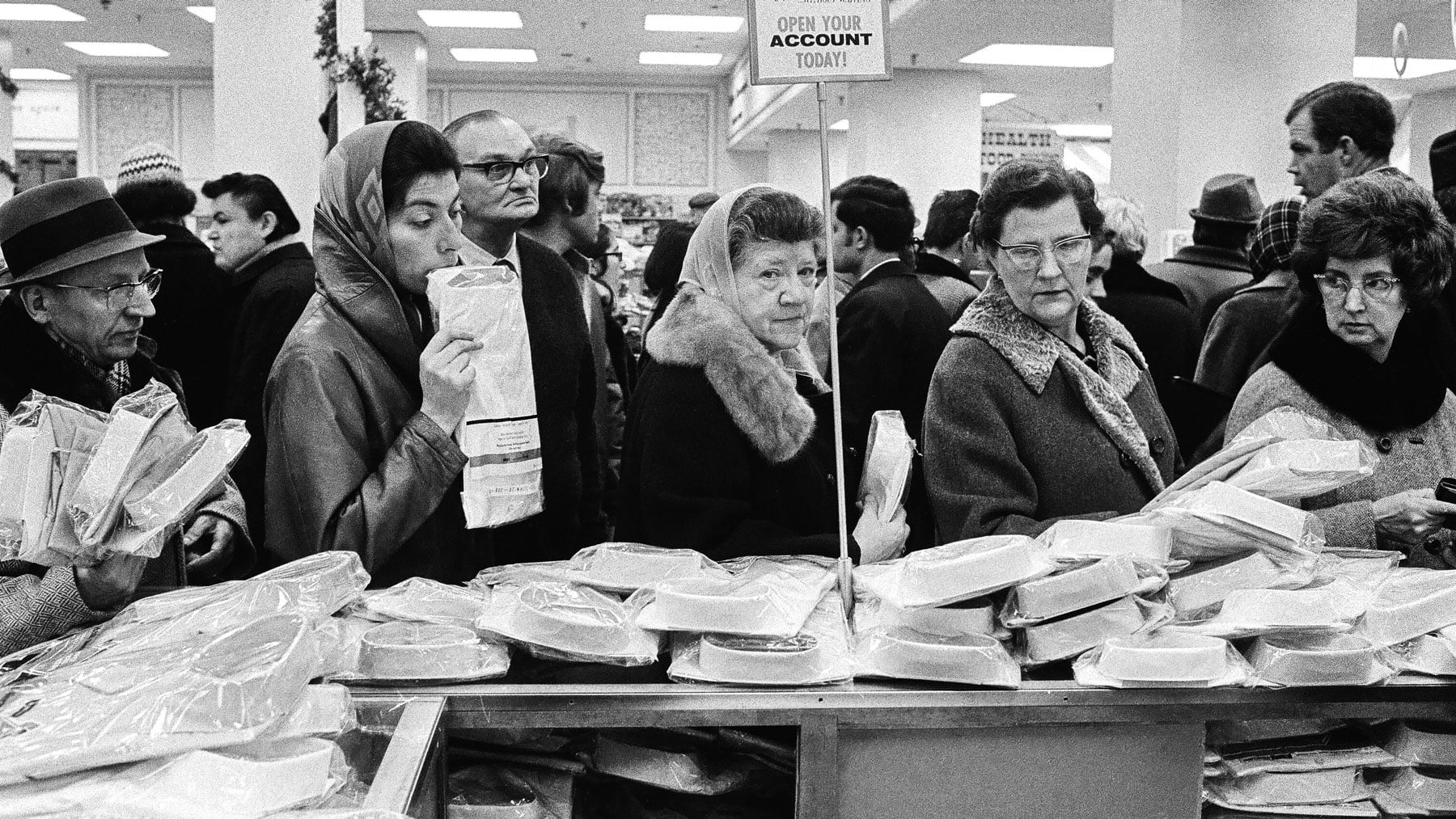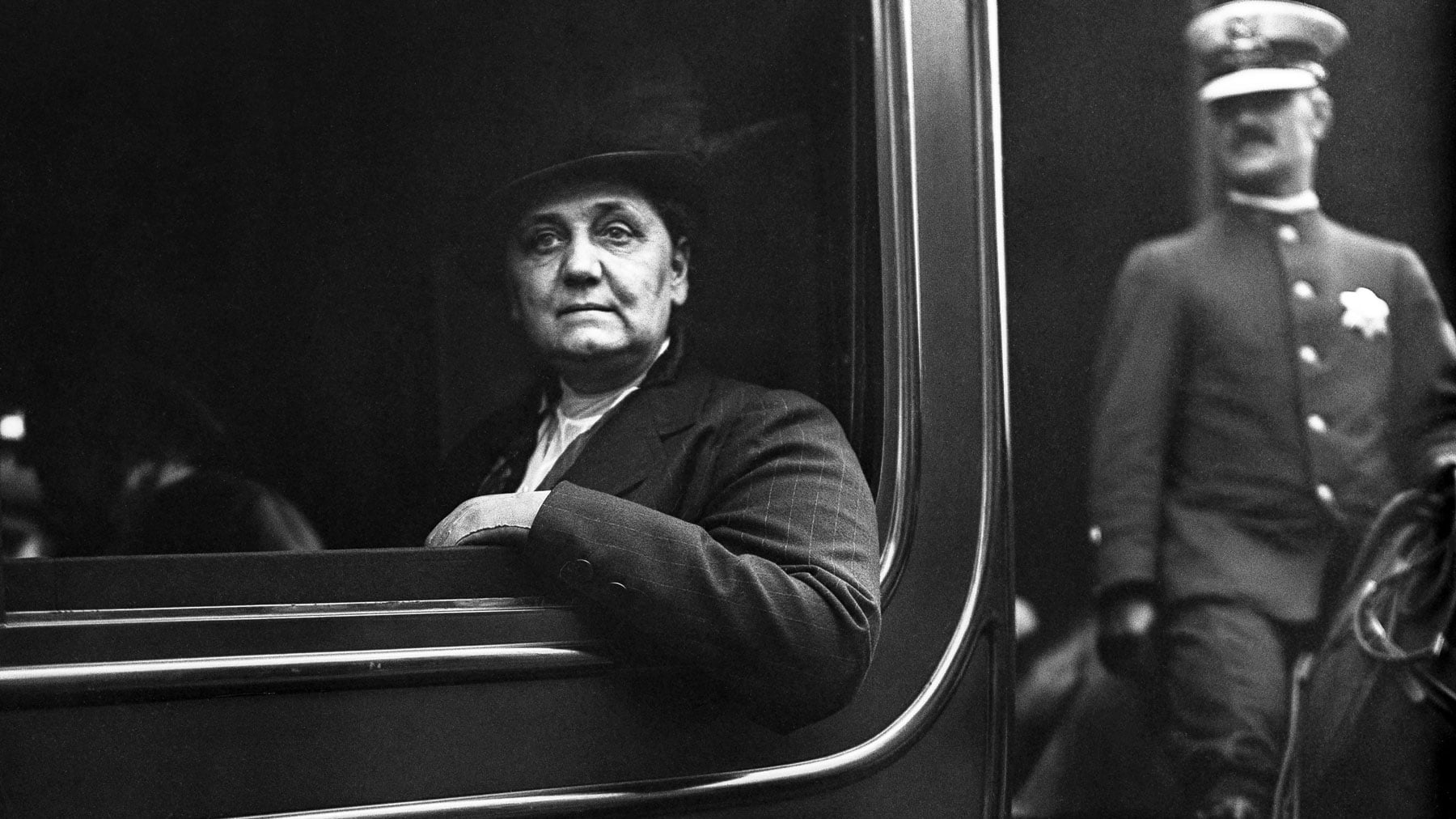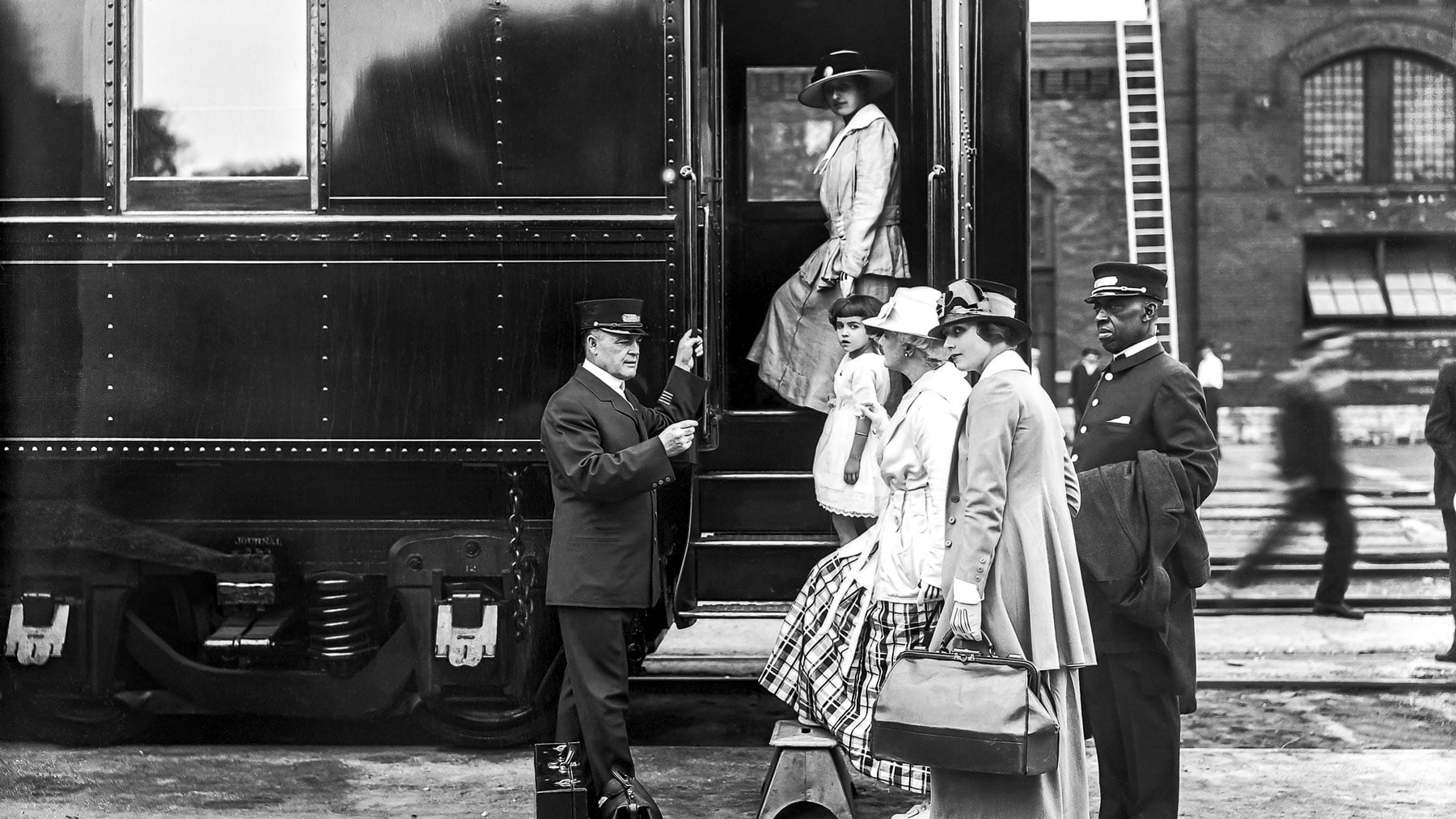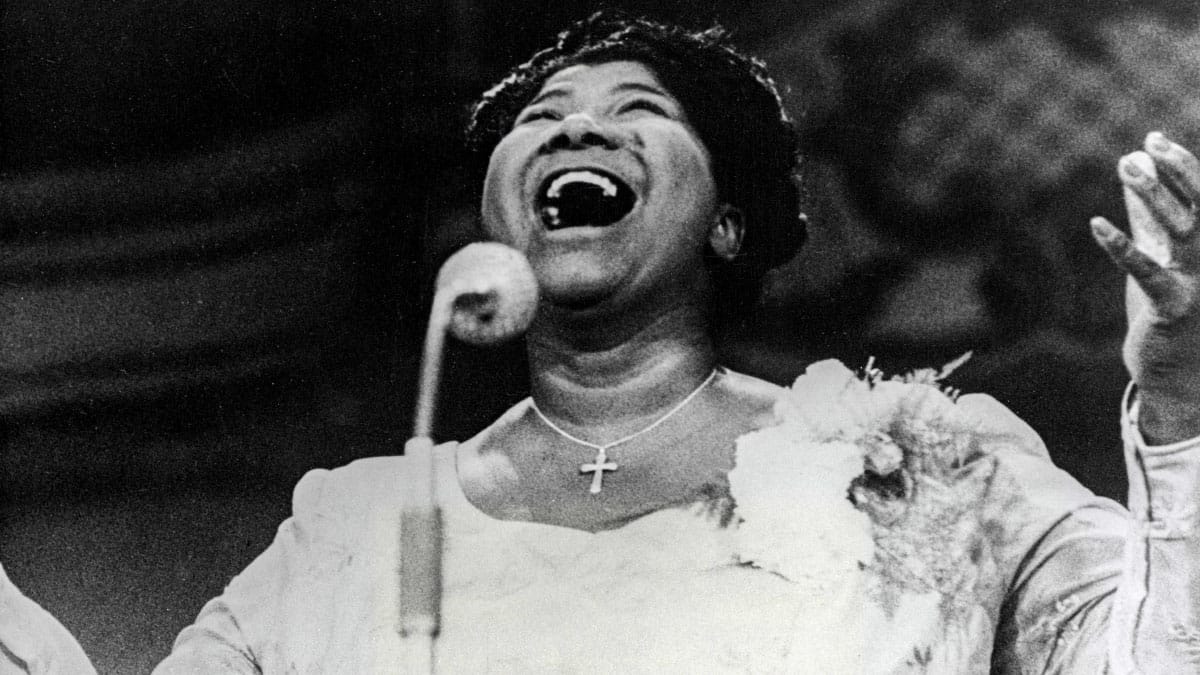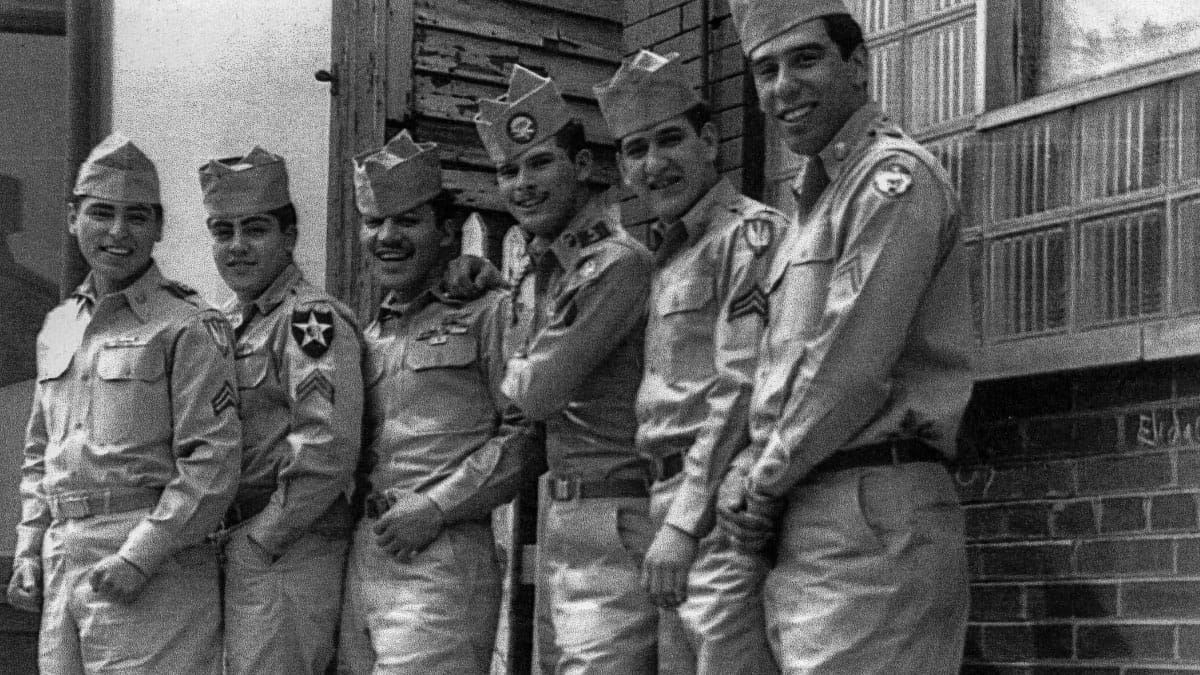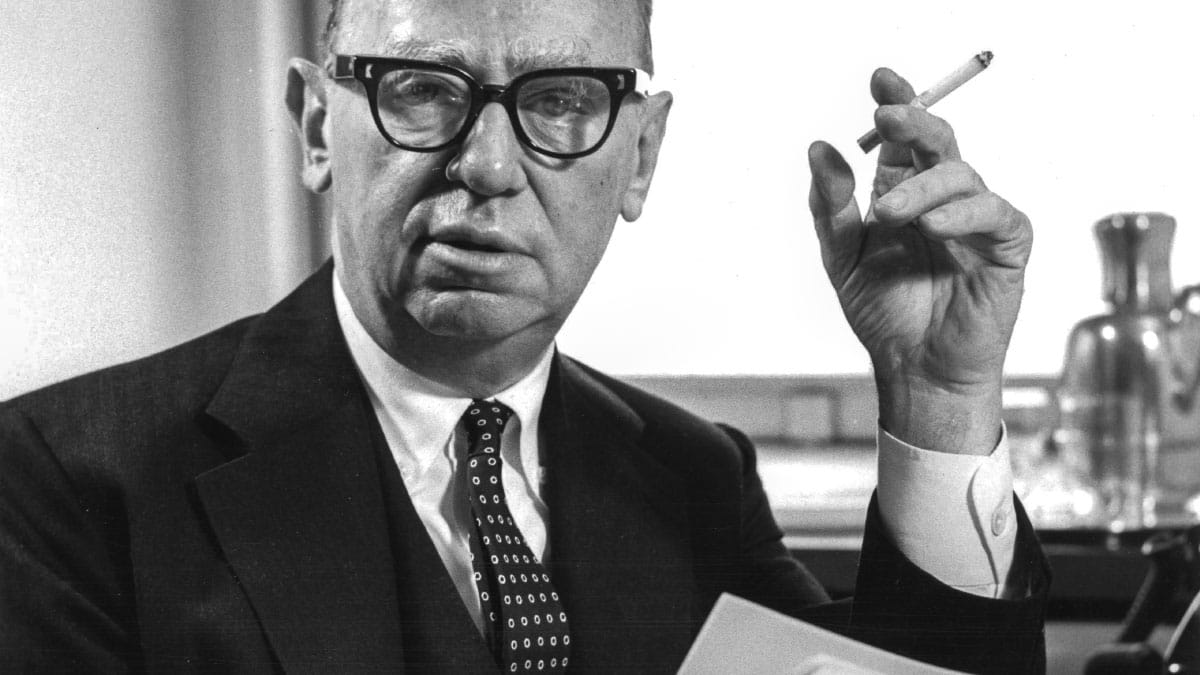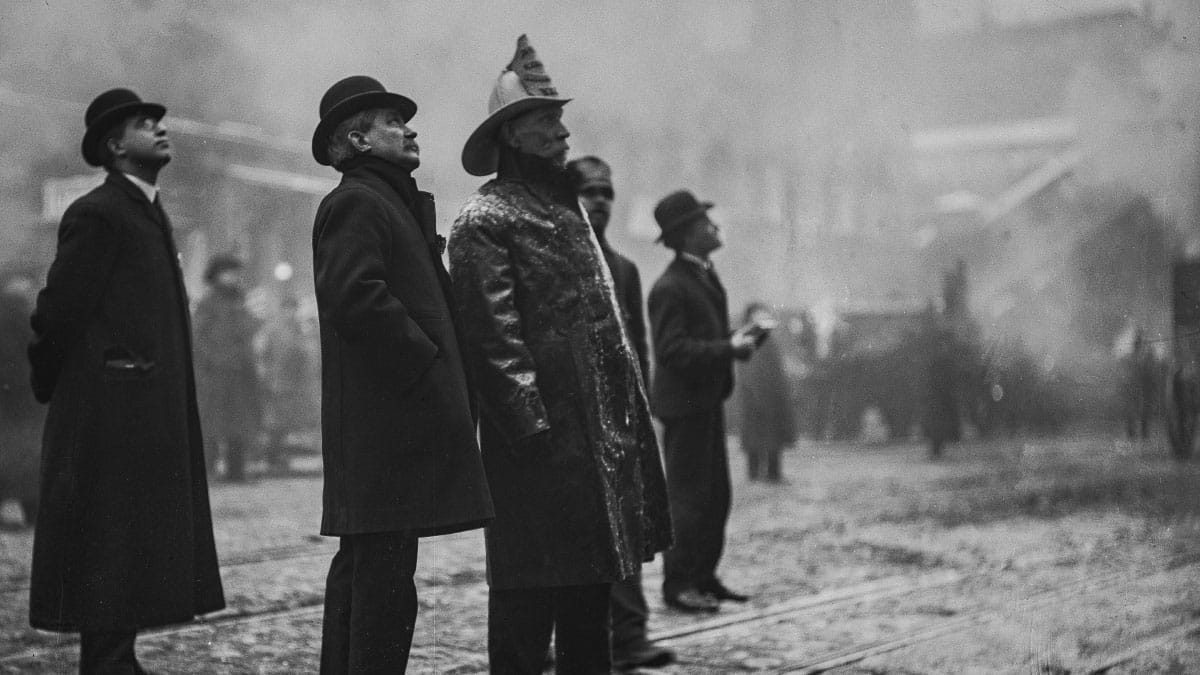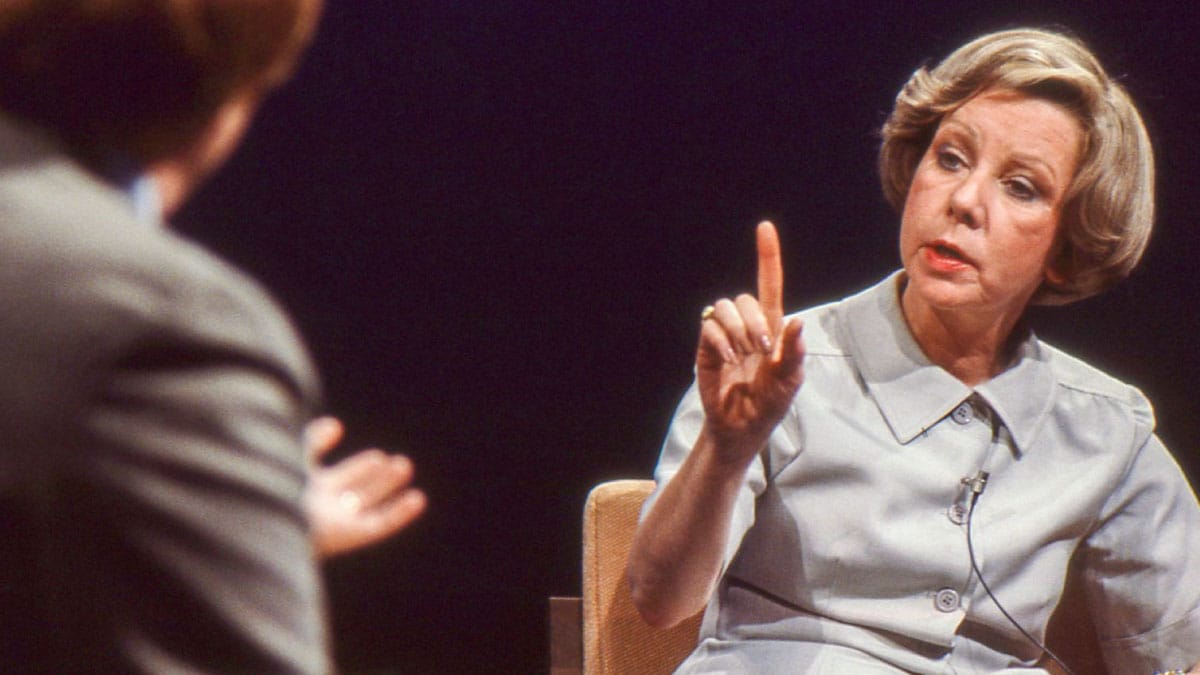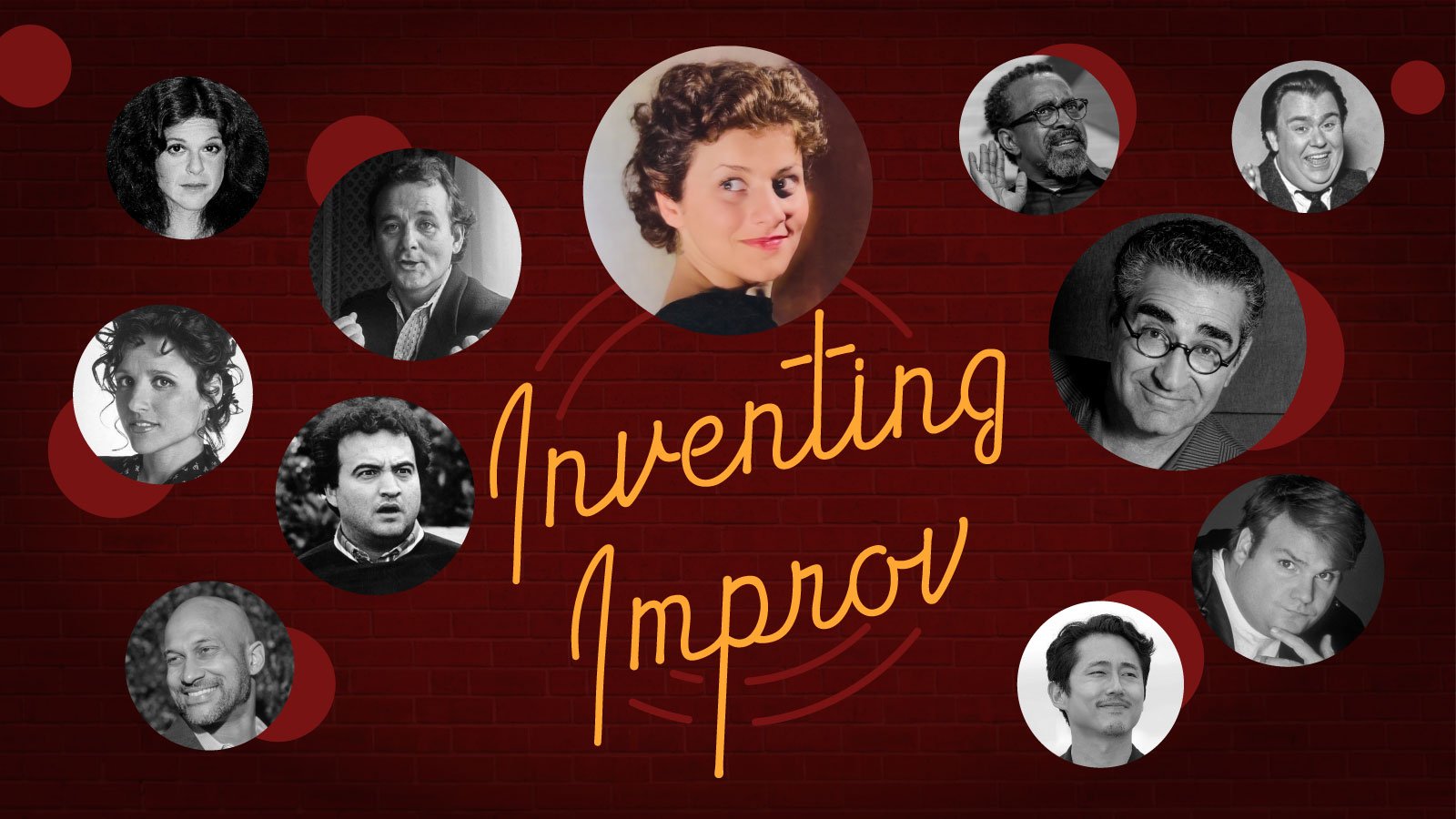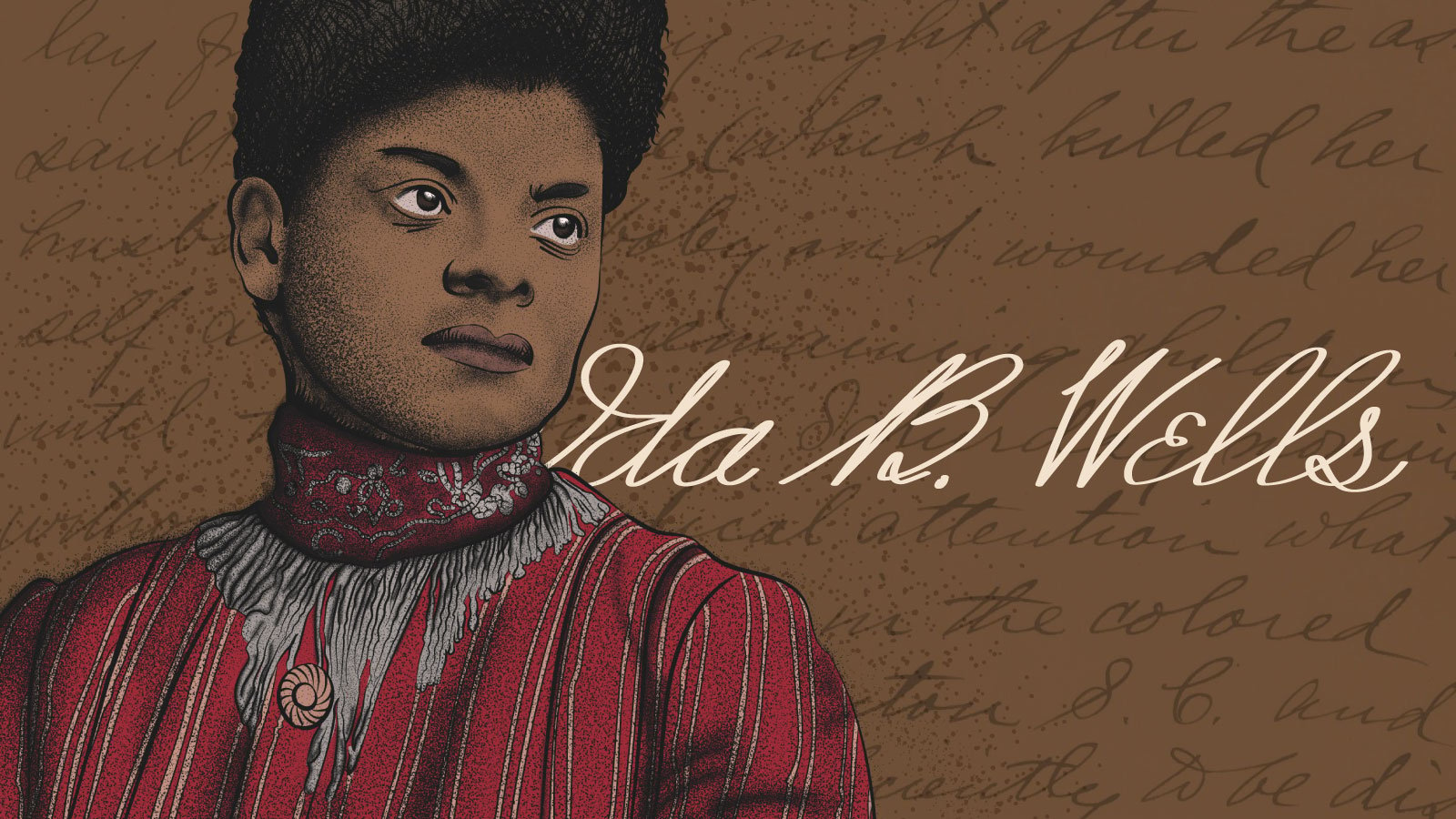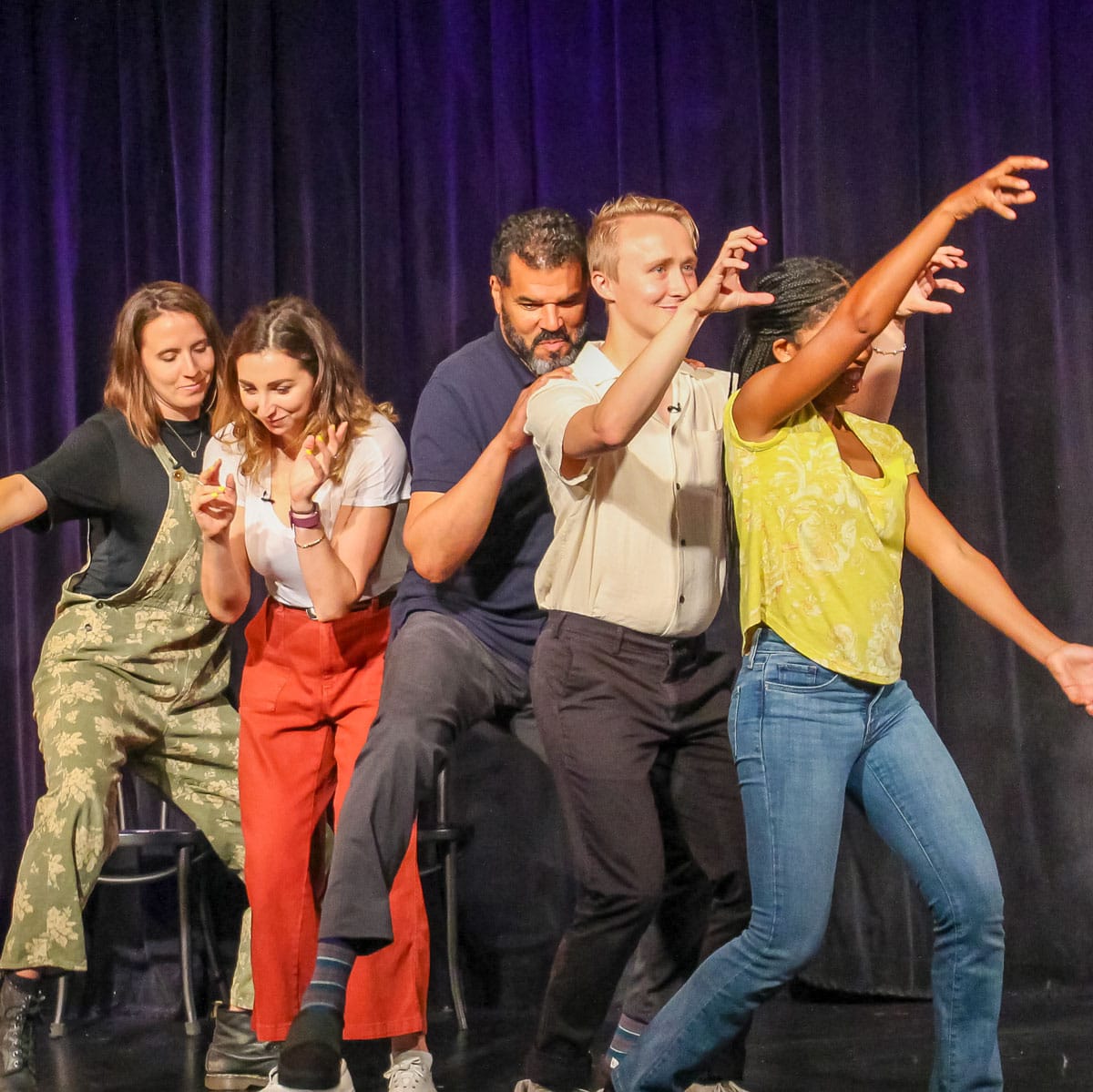Mirror
In Mirror, two players stand facing one another. One player initiates movement while the other attempts to copy their exact movements. Spolin has a few variations on this exercise in her book, including one in which two teams mimic the movements of one another.
Spacewalk
In Spacewalk, players simply walk around the stage while the side coach guides them as to speed, direction, interactions with other players, and more. In her book, Spolin discusses an additional element of spacewalk in which the players add “space substance” to the air around them as they walk. “They are not to feel or present space as though it were a known material (water, mud, molasses, etc.) but are to explore it as a totally new and unknown substance,” Spolin writes.
Parts of a Whole
In Parts of a Whole, or Add a Part, as it is listed in Spolin’s book, one player steps forward to create a part of a machine, animal, or some other object. Then one at a time, the other players join to create a whole picture or large, moving object.
Gibberish Interpreter
In Gibberish, two players speak a nonsense “gibberish” language at one another while a third translates between them. In this demonstration, the point of concentration is for the translator to mirror the tone and movements of the other players. Spolin presents variations of the game, but she writes that “Gibberish develops the expressive physical language vital to stage life by removing the dependency on words alone to express meaning.”
Contact
In Contact, sometimes also called Touch to Talk, the two players on stage can only speak when they make physical contact with one another, like placing a hand on the other’s shoulder. Each time a player has a new thought or string of dialogue, they have to have made a new kind of physical contact.

